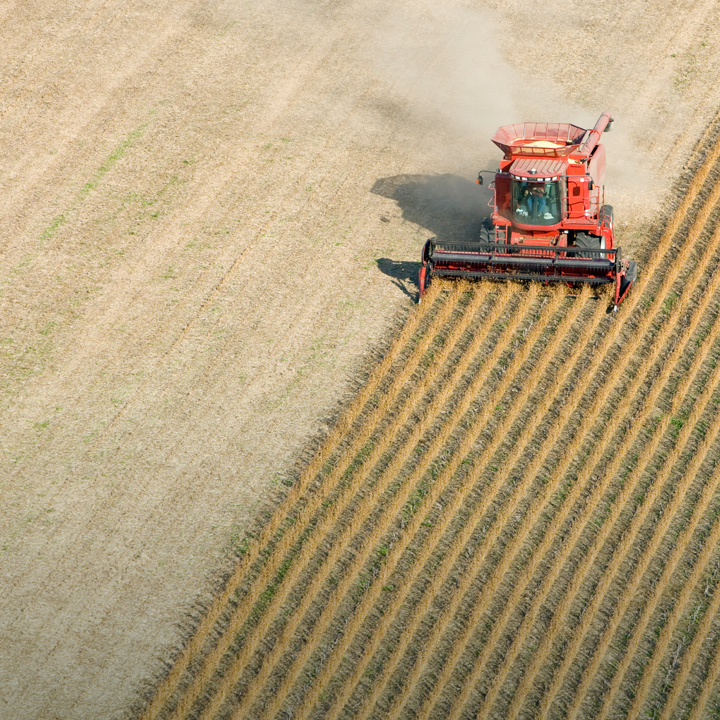Food and Agriculture
The 2030 Agenda for Sustainable Development was adopted in a world where food insecurity and hunger present an enormous global challenge. The world’s population is expected to grow to nine billion by 2050 and demand on global food systems intensifies every day. However, transforming our food and agriculture systems to make them sustainable, resilient and inclusive will deliver access to healthy and nutritious foods, help create livelihoods for small-scale producers and processors, and help protect ecosystems and combat climate change. In this context, business has become a critical partner in designing and delivering effective, scalable and practical solutions for food security and sustainable agriculture. Every actor along the agriculture supply chain, including farmers, producers, traders, retailers, investors and consumers has a critical role to play to establish sustainable food systems that advance food security, protect the environment and ensure economic opportunity. The vision of a world without hunger is ambitious. And it cannot be achieved in isolation. Food security and sustainable agriculture call for all businesses, large or small, to conduct responsible business and for responsible action and leadership from all actors in society.
With the adoption of the 2030 Agenda for Sustainable Development, the United Nations laid out a path to eradicate hunger. The UN has scaled up its efforts to work with governments, business, academia and civil society to galvanize the sound policies, actions and leadership that will enable the transformations required to create inclusive, resilient and sustainable agriculture and food systems that deliver for people, planet and prosperity.
The UN Global Compact is committed to drive business engagement in the global effort to advance food security and sustainable agriculture. In support of this goal, the UN Global Compact’s work is focused on the key pillars food and agriculture, which are aligned with the five elements of the Zero Hunger Challenge: (1) Sustainable Food Systems; (2) Rural Poverty; (3) Loss and Waste of Food; (4) Access to Adequate Food and Healthy Diets; and (5) Ending Malnutrition.
It is also important to mention that the Committee on World Food Security Principles for Responsible Agricultural Investment offer a soft law instrument to address a range of environmental, social and economic issues. While the Food and Agriculture Business Principles provide a voluntary framework to advance the positive impact business can have on food security, nutrition and sustainable agriculture and to engage in principle-based collaboration with the UN, governments, civil society and other stakeholders.






